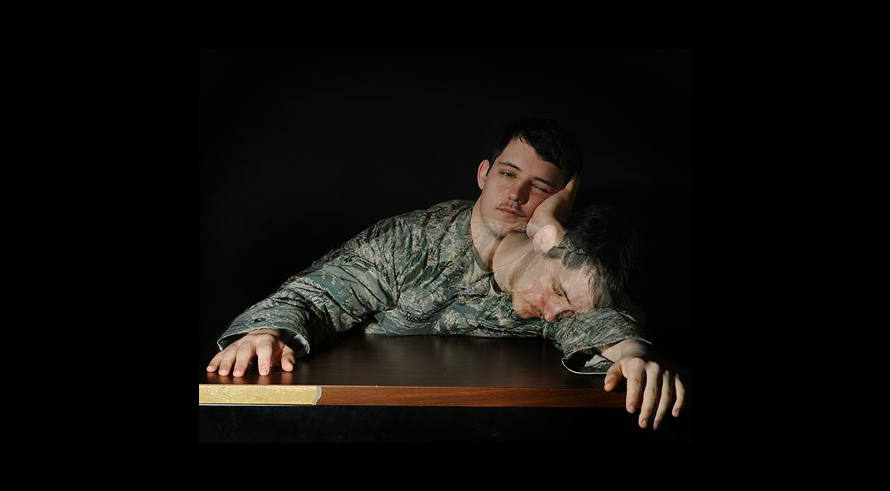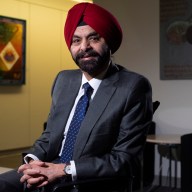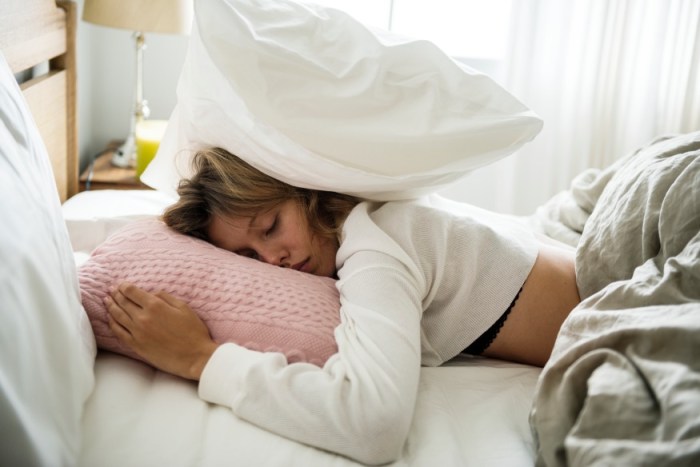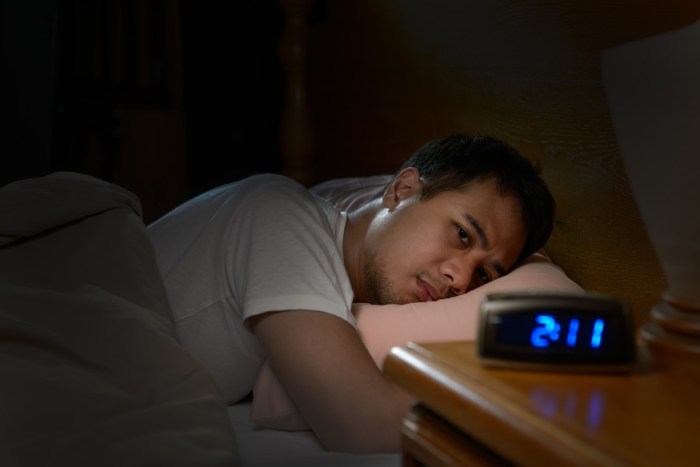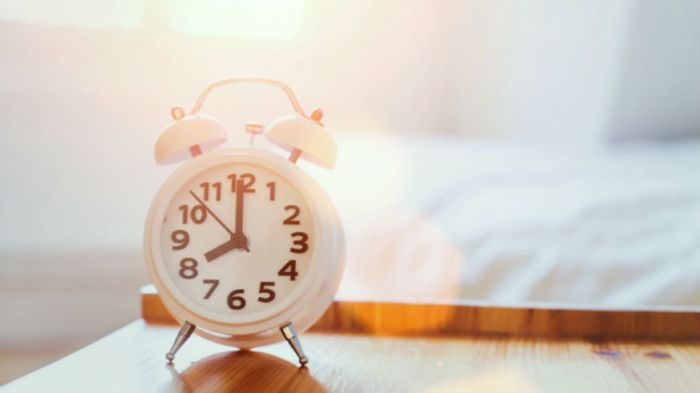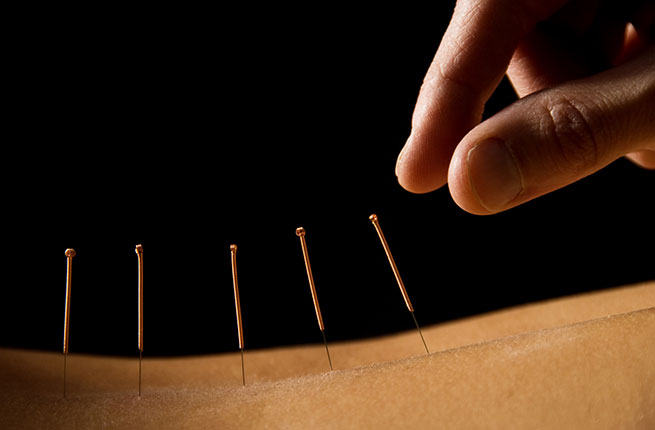So the world has gone crazy, right? Are we all in agreement? The hate rally in Charlottesville, President Trump’s press conference at Trump Tower that left CNN’s Jack Trapper — a man who speaks for a living — with just a “wow,” bigotry is a big balloon ready to pop, but what if everyone just got a good night’s sleep?
A new study published in Scientific Reports found that sleep deprivation can affect people’s unconscious attitudes toward minorities.
More specifically, researchers found chronic sleep restrictions make Americans more hostile to Arab Americans.
“Lack of sleep is common to most all of us in our society. And it is particularly relevant to first responders and other professionals such as police, firefighters, and military personnel,” study author William D. “Scott” Killgore, a clinical neuropsychologist and research neuroscientist at the University of Arizona, told PsyPost.
Killgore, who has been working with the military for 15 years to understand how a lack of sleep affects judgment in critical situations, said that these high-pressure decisions often end up in headlines when police or others who deal with emotionally charged situations interact with racial minorities or people of different ethnic backgrounds.
For the study, 17 young adults lived in an isolated sleep lab. Seven participants identified as Caucasian, eight as African American, one as Asian and one as Native American. During the first 25-day period, they were allowed eight hours in bed every night. During the second 25-day period, participants were allowed four hours of nightly sleep with an eight-hour recovery sleep on weekends.
Participants took an Implicit Association Test (IAT), which is commonly used to measure hidden biases, on day 21 of each period. The IAT focused on Arab Muslims.
The study authors found that well-rested participants had no bias against the Arab-Muslim names that flashed on the screen during the IAT, but the same people displayed a negative bias toward the same names when they were sleep deprived.
“Sleep is more important than we think, and it doesn’t just affect how tired we feel and our work performance,” Killgore told PsyPost. “It also can unmask deep hidden unconscious attitudes that we normally try to keep suppressed and under control.”
“At a minimum, this has the potential to affect the quality our relationships with others, but at worst, it has the potential to affect our split-second responses to others in critical life-and-death situations,” he added.
The study sample was small, but it allowed researchers to infer cause and effect.
And that extra cup of joe?
“There is no substitute for sleep,” Killgore said. “Our research has also shown that many of the emotional deficits that occur during sleep deprivation are not fully reversed by stimulants or wake-promoting agents like caffeine. Caffeine may make you feel awake, but it does not replace sleep and you may still be prone to making errors in judgment.”

